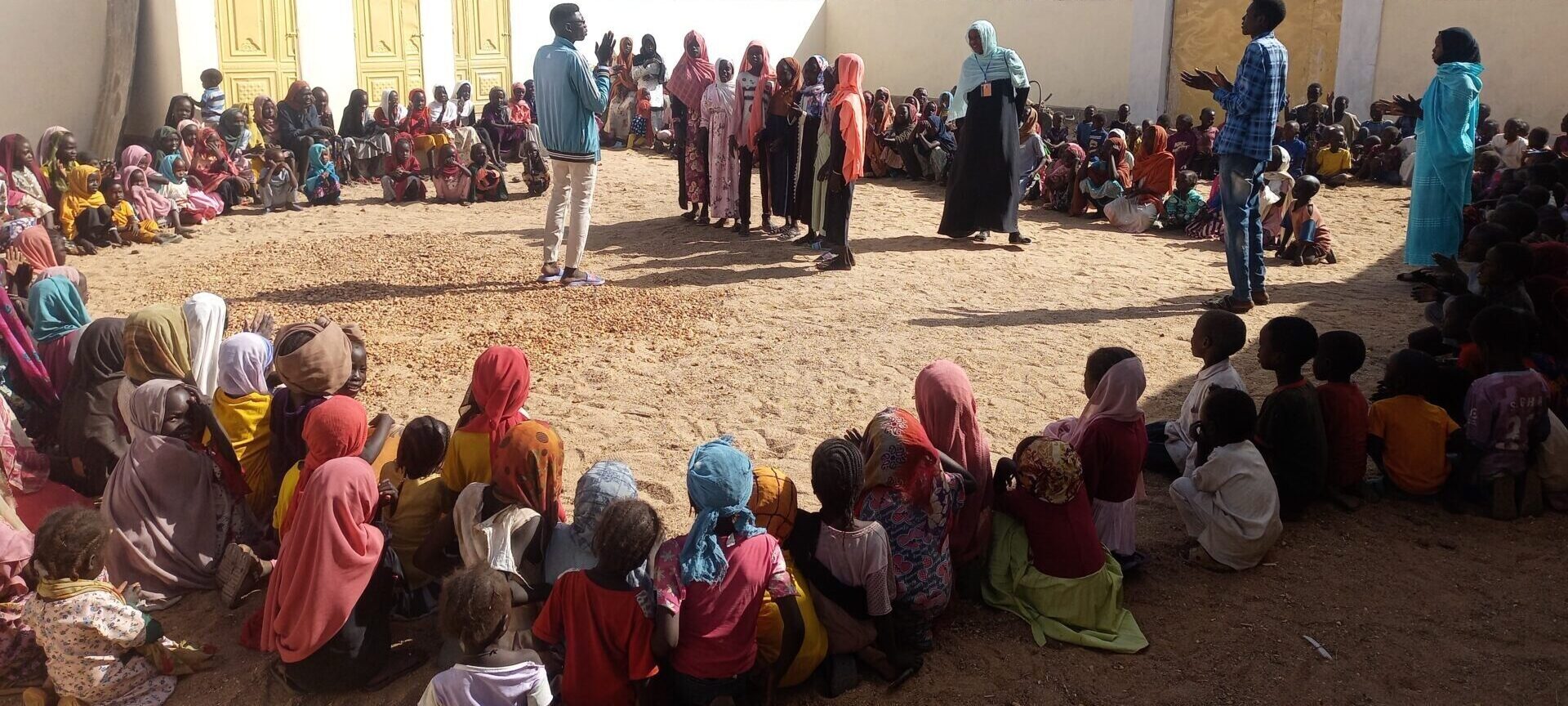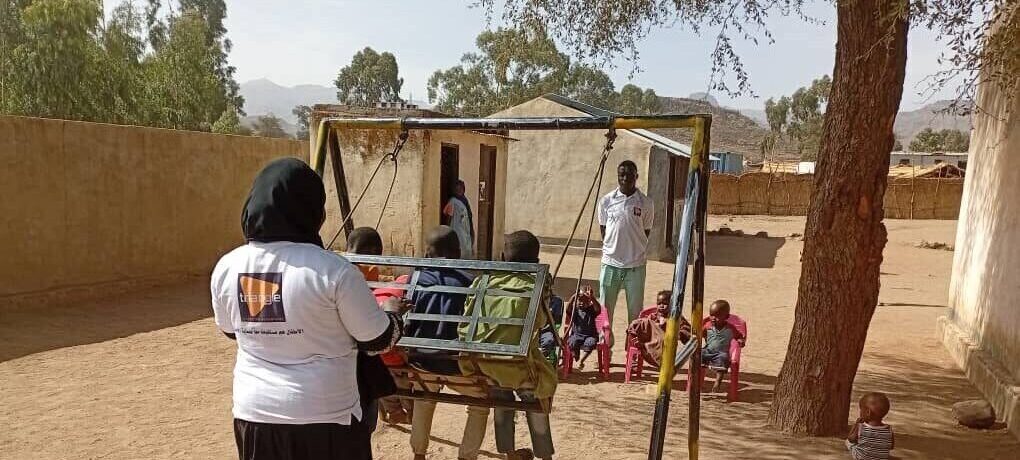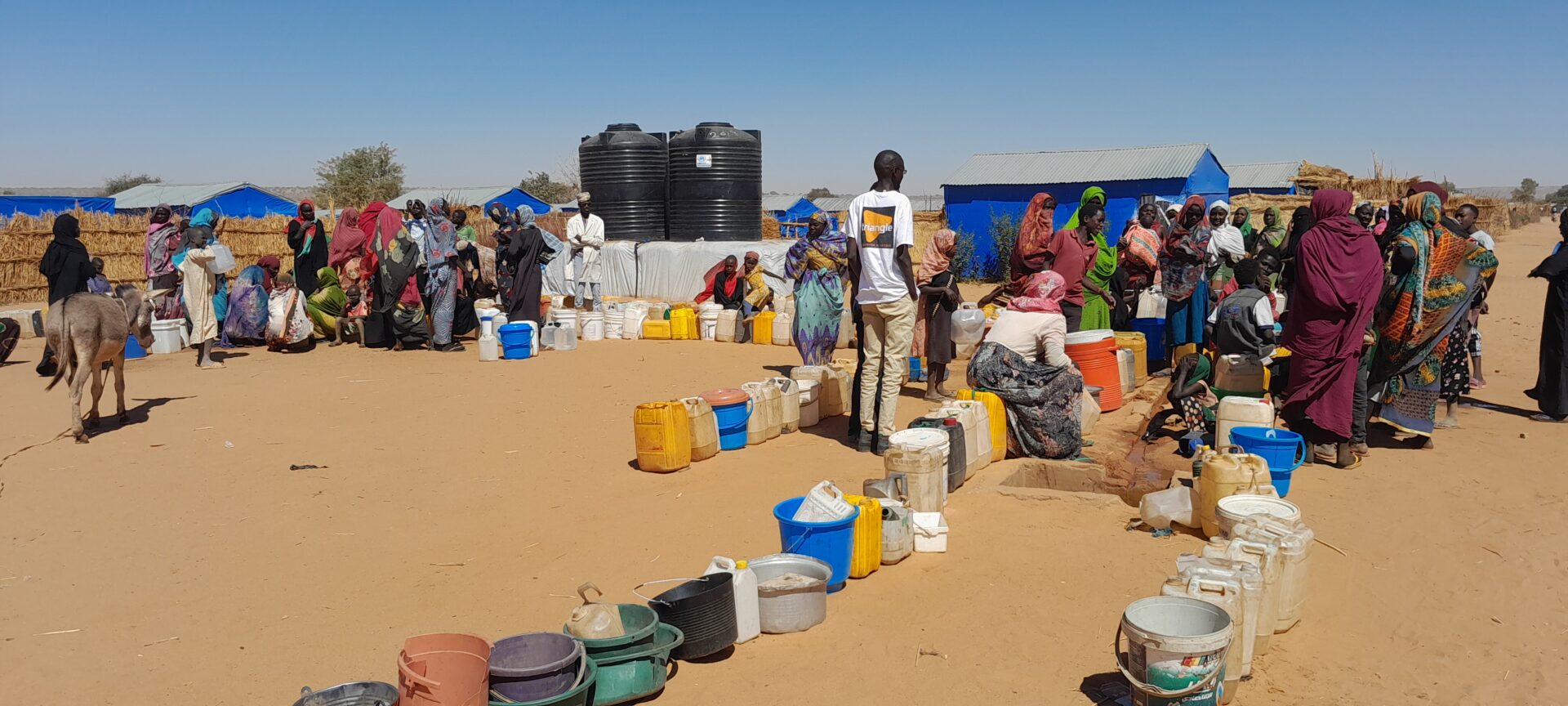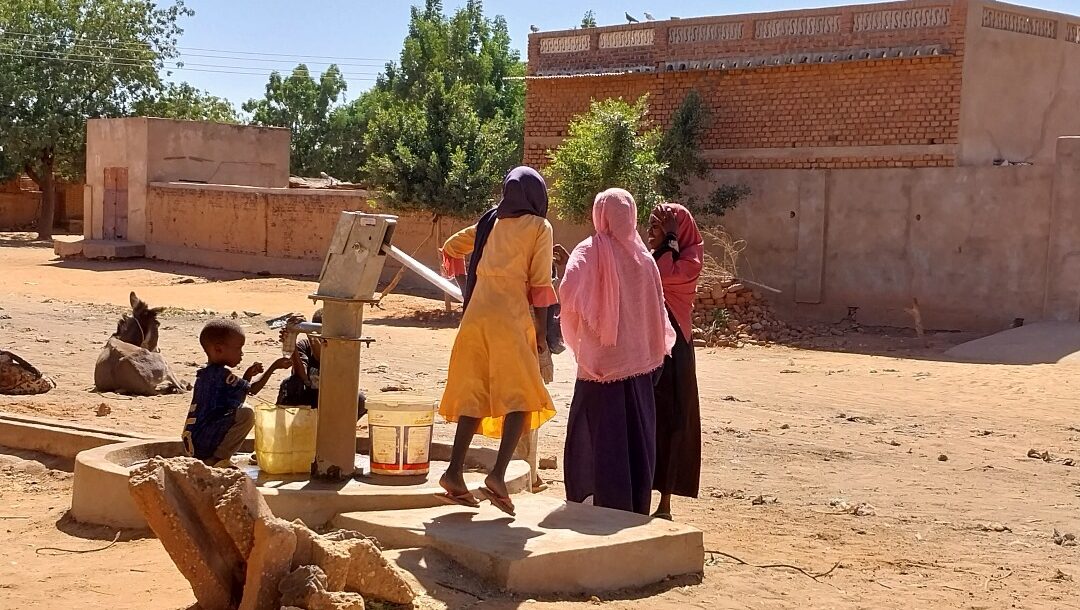In Chad, 7 million people are in need of humanitarian assistance according to HRP 2025. The growing impact of climate change and the vulnerabilities it creates, health emergencies, frequent epidemics (cholera, malaria, hepatitis E), the forced displacement of populations as a result of conflicts both within and outside the country, coupled with the economic vulnerability, poverty of the population and a high vulnerability to climate change, make Chad a country in a very critical humanitarian situation.
Humanitarian needs are diverse. Today, an estimated 3.7 million people suffer from severe food insecurity. The Chadian government declared a state of food emergency in February 2024. Access to drinking water is 63% covered in the country with 3.6 million people facing water, hygiene and sanitation needs. Nevertheless, this figure masks major regional disparities, with some areas having only 15% access to water. The rate of access to hygiene and sanitation services is just 20%, one of the lowest in the world.
Since 15 April 2023, a conflict has broken out in Sudan between the Sudanese Armed Forces (SAF) and the Rapid Support Forces (RSF). This conflict has led to the displacement of 12 million people (March 2025 DTM Sudan), including more than 1 million people who have entered Chad (in the east). According to UNHCR, between May 2023 and July 2024, 629,567 Sudanese refugees and 201,379 Chadians (in Sudan) crossed the border into Chad after fleeing the violence in Darfur. These thousands of people, primarily women and children, have arrived in the Chadian regions of Ouaddaï, Sila, and Wadi Fira.
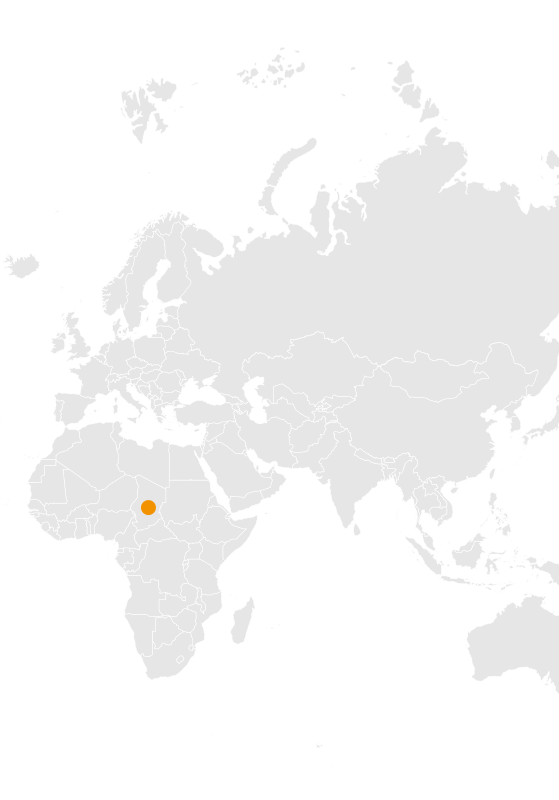
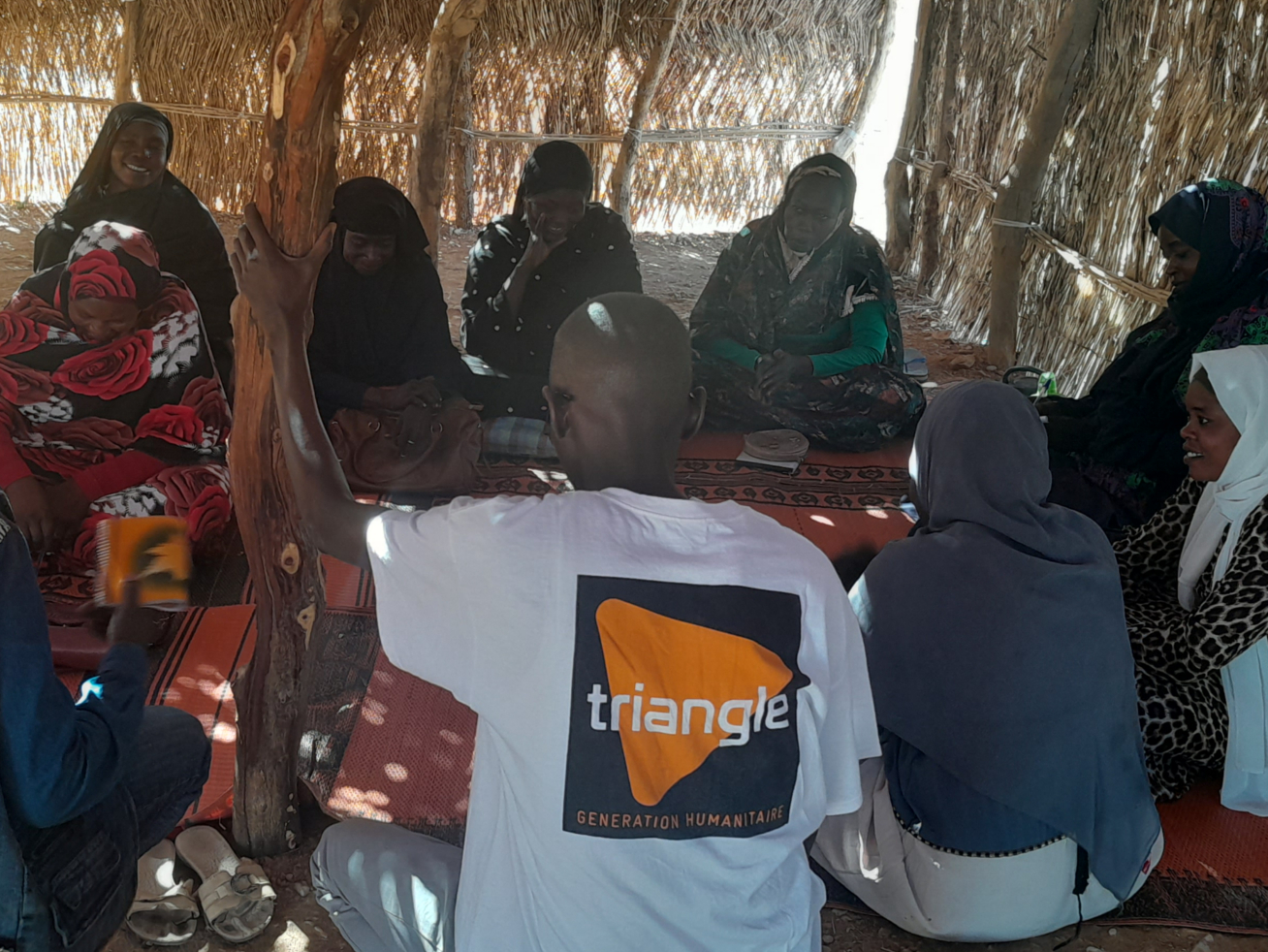
TGH has been registered in Chad since November 2023, with its coordination office located in the capital, N’Djamena. With over twenty years of experience in Darfur, TGH has decided to launch programs in Chad to address the needs of Sudanese refugees in the eastern regions. This initiative aligns with TGH’s organizational strategy by working in partnership with other international and national NGOs and responding to needs from its Sudanese staff and partners who sought refuge in Ouaddaï since May 2023.
Currently, TGH is conducting needs assessments and developing project proposals, to provide the most appropriate response to the situation. TGH’s actions aim to benefit refugee and returnee populations, as well as host communities, by promoting access to water, hygiene, and sanitation, ensuring child protection, facilitating school enrollment where possible, and improving food security.


